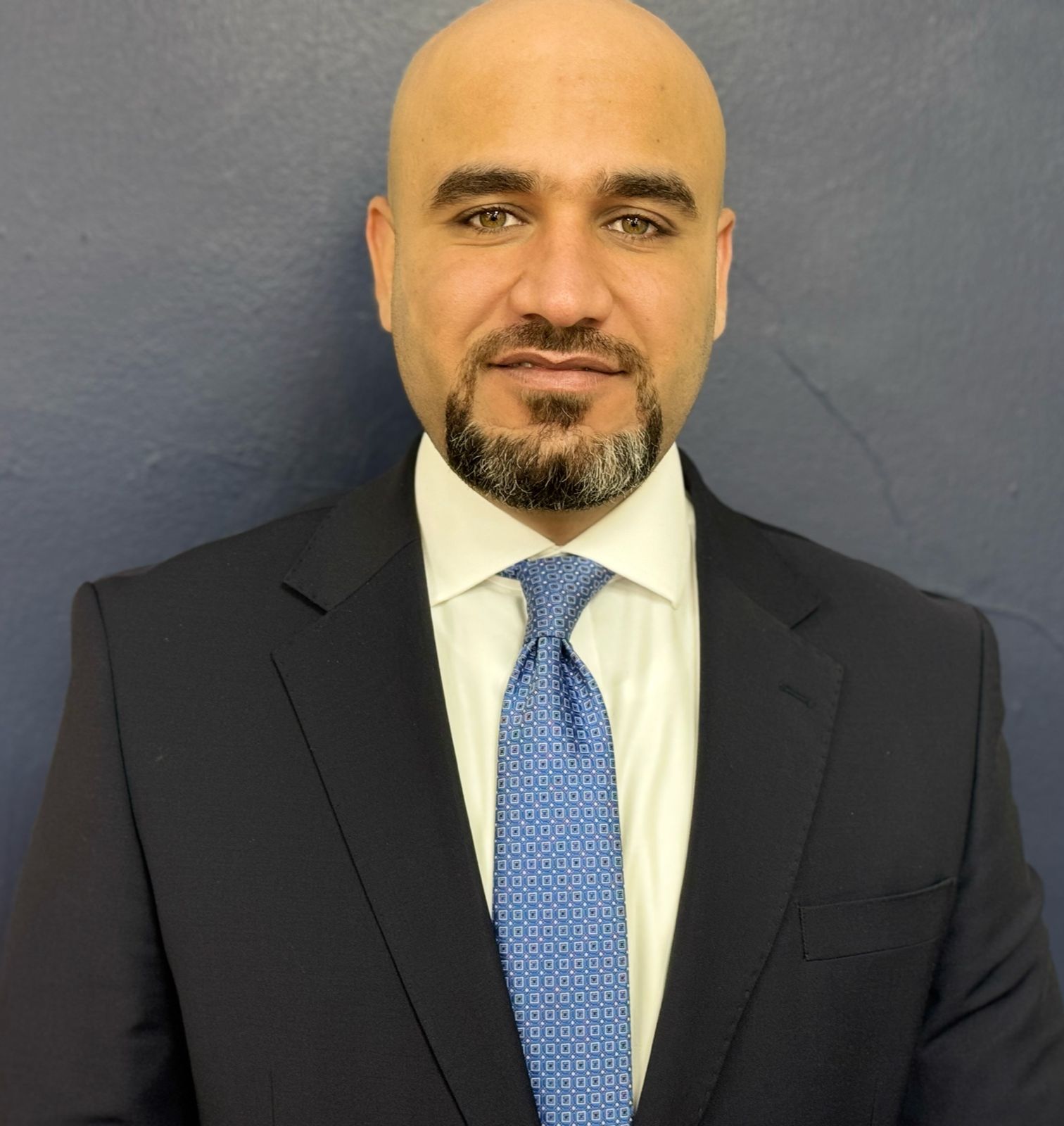 2025 / 21 / Apr
2025 / 21 / Apr
The Middle East region is undergoing an unprecedented period of political, security, and economic transformations, a product of the events of October 7, 2023, whose repercussions have affected the region and the world. Regional and international powers are reformulating their priorities and alliances according to their interests related to national security or the repercussions of the economic decline of their countries. At the heart of these transformations, the relationship between Baghdad and Washington stands at a crossroads: Will it continue as a strategic partnership based on mutual interests? Or will it move towards a new path governed by tactical calculations and sudden changes in the region?
Recent years have witnessed a "gradual withdrawal of the United States from some files in the Middle East, whether in Syria or Afghanistan," which has led to the expansion of the strategic vacuum in the region, as described by some experts, which in turn has led to the rise of other powers such as Russia, Turkey, and Iran. Also, the Gulf-"Israeli" rapprochement, which is redrawing the map of alliances, and the expansion of China's economic influence impose a new reality on the countries of the region. In this scene, "Iraq is trying to find a foothold for itself in which it maintains its sovereignty and stability, without being drawn into conflicting axes," as embodied and affirmed by the current government headed by Mr. Mohammed Shia al-Sudani in many situations.
Iraq is pursuing a foreign policy characterized by caution and balance, based on the slogan "Iraq First." The Iraqi government seeks to be a bridge for dialogue, not a battlefield. However, Iraq's geographical location and its complex relations with neighboring countries, the United States, and the Gulf states make this balance vulnerable to disruption at times of any regional crisis. Despite the complexity of the scene, there are still fundamental issues that bring the two parties together, most notably the security file. The United States played a pivotal role in supporting Iraq in its war against ISIS and continues to participate through the "International Coalition in providing logistical and intelligence support," which is scheduled to begin its gradual withdrawal in September of this year and until the end of 2026. The "US-Iraqi Higher Military Committee (HMC) is still discussing the nature of the talks on the transition from the International Coalition for the permanent defeat of ISIS to a long-term bilateral security relationship."
Economically, despite Washington's announcement of a package of tariffs, the Iraqi government "called for a review of trade relations between the two countries," stressing that Iraq needs investment and technical support, especially from American companies, to develop the energy sector and infrastructure. This was confirmed during the visit of the largest trade delegation to Iraq in recent weeks, "where the delegation included nearly 60 American companies, with the aim of strengthening US-Iraqi private sector relations and supporting fair and balanced trade between the United States and Iraq," which also expresses the two countries' desire to establish strategic relations based on achieving mutual interests and respecting Iraq's sovereignty.
With more than two decades since the regime change in Iraq, the relationship between the two countries still experiences some fluctuations from time to time, due to internal and regional factors that have cast their shadows and impact on the form and nature of the relationship. In addition, the US foreign policy suffers from the absence of a clear long-term strategy towards Iraq, which makes the relationship vulnerable to change with the change of administrations in Washington. Also, the influence of regional actors sometimes obstructs the paths of cooperation between Baghdad and Washington. However, this does not mean that the relationship between Iraq and the United States is on the verge of collapse, but it is undoubtedly going through a phase of redefinition. This phase requires a clear political will from both sides, based on a deep understanding of regional and international variables. Iraq does not want to be subordinate to any axis, but to build balanced partnerships that preserve its interests and enhance its sovereignty. In this context, Washington remains an important partner, but on new foundations imposed by the ongoing transformations in the region.
Conclusion:
In light of the accelerating geopolitical transformations in the Middle East region, and the resulting direct repercussions on the relationship between the two countries, there is a need for a new approach to reformulate the form of this relationship on balanced and stable foundations. Based on the analysis of the current context and common challenges, there is a need to strengthen the bilateral partnership in a way that serves the interests of both parties and preserves Iraq's sovereignty and stability through:
Establishing a long-term strategic framework for the relationship between Baghdad and Washington, ensuring continuity away from changing administrations and temporary policies.
Strengthening security cooperation based on supporting Iraqi capabilities in combating terrorism and intelligence.
Activating the economic partnership by facilitating the entry of American investments, especially in the energy, education, and technology sectors.
Neutralizing the relationship from the conflicting regional axes, by strengthening the balanced Iraqi diplomacy that rejects bias towards any party.
Opening periodic strategic dialogue channels between the two sides to assess the regional situation and adjust the course of cooperation in line with the changes.

Researcher and academic